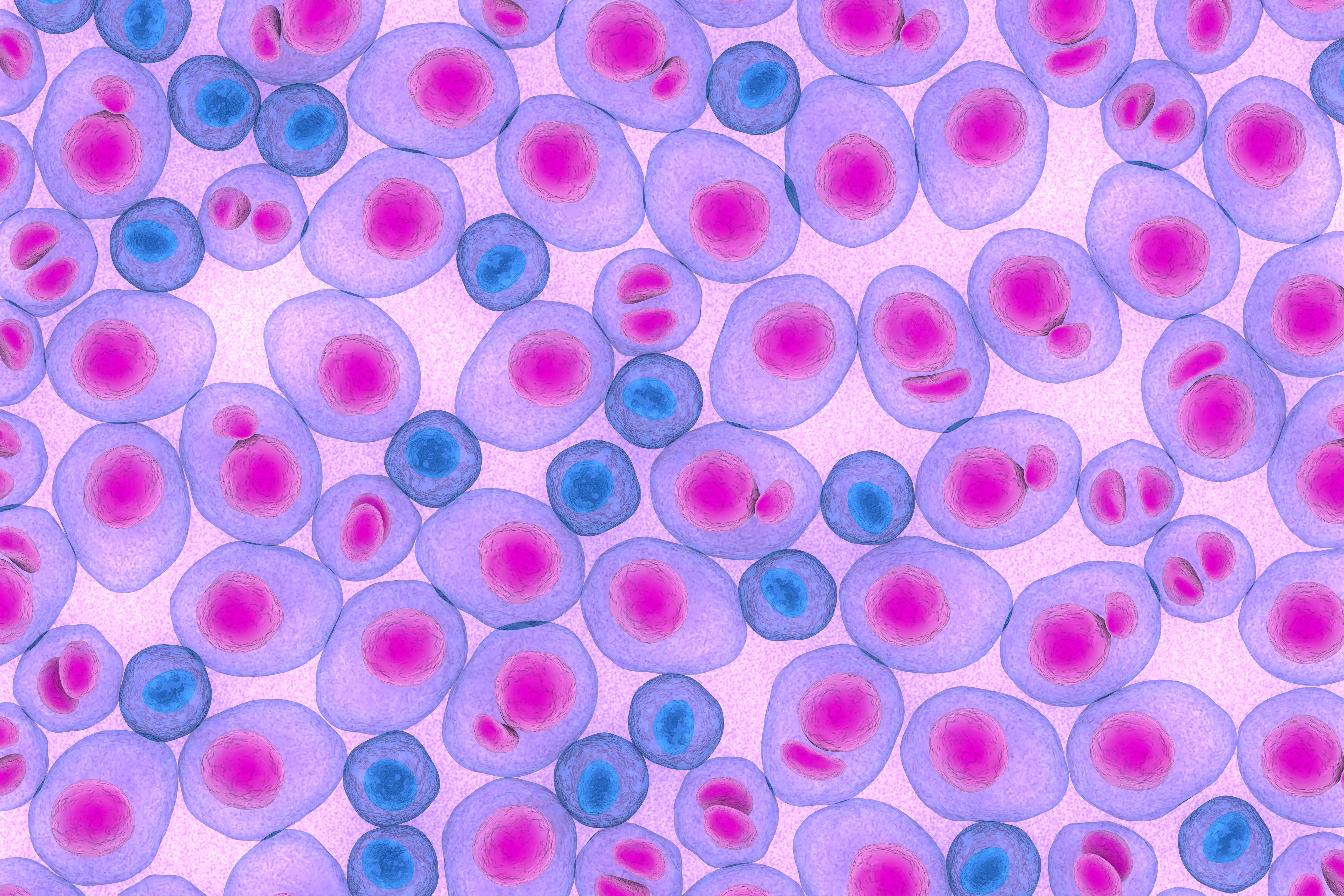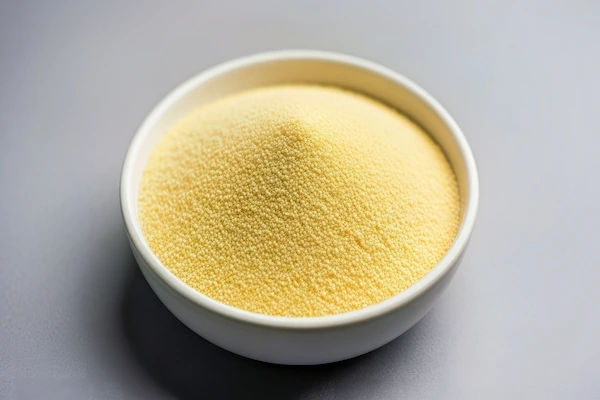Understanding Hyponatremia and Its Management
Learn about hyponatremia, its causes, symptoms, and management strategies. Understand how low sodium levels affect health and effective treatment approaches.


Hyponatremia is a condition that occurs when the sodium levels in your blood drop below normal. Sodium is a crucial electrolyte that helps regulate water balance in and around your cells, supports nerve and muscle function, and maintains stable blood pressure. When sodium levels become too low, it can lead to various health issues, ranging from mild discomfort to life-threatening complications.
In this article, we’ll break down what hyponatremia is, its symptoms, causes, and how you can manage it effectively.
What Is Hyponatremia?
Hyponatremia happens when the concentration of sodium in your blood is abnormally low (typically below 135 milliequivalents per liter, or mEq/L). Sodium plays a vital role in maintaining fluid balance, nerve function, and muscle contractions. When sodium levels drop, water moves into cells, causing them to swell. This swelling can be particularly dangerous in the brain, leading to symptoms like confusion, headaches, or even seizures.
Consult a Top Specialist
Common Symptoms of Hyponatremia
The symptoms of hyponatremia can vary depending on how quickly sodium levels drop and how severe the deficiency is. Some common signs include:
Mild to Moderate Symptoms:
- Nausea or vomiting
- Headache
- Fatigue or low energy
- Muscle cramps or weakness
- Restlessness or irritability
Severe Symptoms (Requiring Immediate Medical Attention):
- Confusion or disorientation
- Seizures
- Loss of consciousness
- Coma
If you or someone you know experiences severe symptoms, seek medical help immediately.
What Causes Hyponatremia?
Several factors can contribute to low sodium levels in the blood. Some common causes include:
1. Excessive Water Intake (Water Intoxication): Drinking too much water, especially during intense exercise, can dilute sodium levels.
2. Certain Medications: Diuretics (water pills), antidepressants, and painkillers can affect sodium balance.
3. Kidney Problems: Conditions like kidney disease can impair the body’s ability to regulate sodium and water.
4. Heart, Liver, or Hormonal Disorders: Conditions like heart failure, cirrhosis, or adrenal gland insufficiency can lead to fluid retention and sodium imbalance.
5. Severe Diarrhea or Vomiting: Excessive fluid loss can deplete sodium levels.
6. Syndrome of Inappropriate Antidiuretic Hormone (SIADH): A condition where the body retains too much water.
How Is Hyponatremia Diagnosed?
If you suspect hyponatremia, a doctor will typically perform:
- Blood Tests – To measure sodium levels and other electrolytes.
- Urine Tests – To check how your kidneys are handling sodium and water.
- Additional Tests – Such as imaging or hormone tests, if an underlying condition is suspected.
If you're experiencing symptoms, consider booking a blood test or consultation through Apollo 24|7 for a quick and accurate diagnosis.
Get Your Health Assessed
Managing Hyponatremia
Treatment depends on the severity and underlying cause. Here are some general approaches:
Medical Treatments
- Intravenous (IV) Sodium Solution – For severe cases, doctors may administer saline solution to restore sodium levels safely.
- Medication Adjustments – If certain drugs are causing the imbalance, your doctor may change the dosage or switch medications.
- Treating Underlying Conditions – Managing heart, kidney, or hormonal disorders can help stabilize sodium levels.
Lifestyle and Dietary Changes
1. Monitor Fluid Intake – If you’re at risk, avoid excessive water consumption. Follow your doctor’s recommendations on daily fluid limits.
2. Increase Sodium-Rich Foods – In mild cases, consuming foods like broth, pickles, or salted nuts (in moderation) may help.
3. Avoid Overhydration During Exercise – Athletes should balance water intake with electrolyte drinks.
4. Limit Alcohol – Alcohol can worsen dehydration and sodium imbalance.
When to See a Doctor
If you experience persistent nausea, confusion, or seizures, seek medical attention immediately. Chronic hyponatremia should be monitored by a healthcare professional to prevent complications.
Prevention Tips
Below are a few prevention tips,
- Stay hydrated but avoid excessive water intake.
- If you’re on diuretics or other medications, get regular blood tests to monitor sodium levels.
- Eat a balanced diet with adequate electrolytes.
- Pay attention to symptoms, especially if you have conditions like kidney or heart disease.
Final Thoughts
Hyponatremia is a manageable condition if detected early. By understanding the symptoms, causes, and treatment options, you can take steps to maintain healthy sodium levels. If you suspect an imbalance, consult a healthcare provider for proper diagnosis and care.
Consult a Top Specialist
Consult a Top Specialist
Dr. Indrajit Das
General Physician/ Internal Medicine Specialist
4 Years • "MD (Internal medicine) : Gauhati Medical College and Hospital, Guwahati (2018-2021) MD (Pathology) : Gauhati Medical College and Hospital, Guwahati (2012-2015) MBBS (Bachelor of Medicine, Bachelor of Surgery) : Silchar Medical College, Assam (2003-2008) "
Guwahati
Apollo Excelcare Hospital, Guwahati

Dr. J M Dua
General Physician/ Internal Medicine Specialist
43 Years • MBBS, MD
Delhi
Apollo Hospitals Indraprastha, Delhi

Dr. Senthilmuthu K
General Physician/ Internal Medicine Specialist
6 Years • MBBS, MD
Karur
Apollo Hospitals Allwyn Nagar, Karur
(100+ Patients)
Dr. Shamim Anjum
Family Physician
15 Years • MBBS, M MED (Family Medicine)
Hyderabad
FAMILY CARE CLINIC, Hyderabad

Dr. Rajib Ghose
General Physician/ Internal Medicine Specialist
26 Years • MBBS
Kolkata
B Ghose Foundation Doctor's Chamber, Kolkata
(50+ Patients)
Consult a Top Specialist
Dr. Indrajit Das
General Physician/ Internal Medicine Specialist
4 Years • "MD (Internal medicine) : Gauhati Medical College and Hospital, Guwahati (2018-2021) MD (Pathology) : Gauhati Medical College and Hospital, Guwahati (2012-2015) MBBS (Bachelor of Medicine, Bachelor of Surgery) : Silchar Medical College, Assam (2003-2008) "
Guwahati
Apollo Excelcare Hospital, Guwahati

Dr. J M Dua
General Physician/ Internal Medicine Specialist
43 Years • MBBS, MD
Delhi
Apollo Hospitals Indraprastha, Delhi

Dr. Senthilmuthu K
General Physician/ Internal Medicine Specialist
6 Years • MBBS, MD
Karur
Apollo Hospitals Allwyn Nagar, Karur
(100+ Patients)
Dr. Shamim Anjum
Family Physician
15 Years • MBBS, M MED (Family Medicine)
Hyderabad
FAMILY CARE CLINIC, Hyderabad

Dr. Rajib Ghose
General Physician/ Internal Medicine Specialist
26 Years • MBBS
Kolkata
B Ghose Foundation Doctor's Chamber, Kolkata
(50+ Patients)






